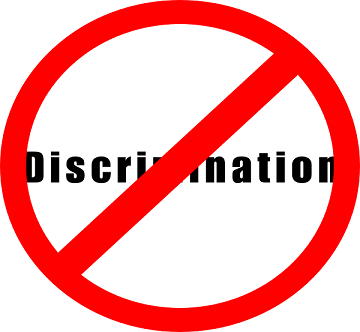In an ongoing lawsuit under the Pregnancy Discrimination Act in U.S. District Court for Maryland, the court reconfirmed 4th Circuit precedent that, when employees provide a doctor’s note to employers to request a job accommodation, the employer can hold employees to those restrictions. An employee cannot force an employer to ‘waive’ the restrictions and let him or her back to the old job, said the court, unless the employee gets further clearance from the doctor. EEOC v. Graystar Mgmt Serv., LLP, No. ELH-11-2789 (D. Md., Mem. Op. Dec. 18, 2013) (denying summary judgment). In EEOC v. Graystar Mgmt Serv., LLP, a pregnant housekeeper at an apartment complex in Rockville, Maryland, asked her employer if she could reduce using cleaning chemicals because of her pregnancy. Housekeepers used over 10 different products, about 75% of the time while at work. Id. at 4-11. The employer provided the housekeeper chemical free light duty, for a few weeks, while the housekeeper got doctor’s notes supporting her restrictions and request for accommodation. Id. at 11-17. When the employer determined housekeeping at their facility required constant chemical use, they put the employee on unpaid leave. The employee tried to recant. She wished to work anyway. Id. While there is some dispute over the facts here, which is why the court has set the lawsuit for trial, see id. at 53, the court reasoned that an employer did not have to simply ‘waive’ consideration of already submitted doctor’s notes, because an employee wished to continue working, under the Pregnancy Discrimination Act or under other federal disability laws. Id. at 36-45 (citing Young v. UPS, Inc., 707 F.3d 437 (4th Cir. 2013) & Hohn v. BNFS Ry. Co., 707 F.3d 995, 1003 (8th Cir. 2013), among other cases). So why is this case going to trial? The EEOC alleges that Graystar discriminated against this pregnant housekeeper because managers involved had a “fetal protection policy.” Allegedly, the managers sought to protect the unborn child from chemicals regardless of any concern for the housekeeper. Id. at 25-34. The Pregnancy Discrimination Act (PDA) amends Title VII’s definition of “sex discrimination” to ensure pregnant women are not treated worse, and treated equally, in accordance with law. Id. at 21. If proven true at trial, the court seems prepared to hold that such treatment of a pregnant employee, because of “improper concern for the fetus,” equals pregnancy discrimination against the mother under the PDA. Id. at 34-35.












